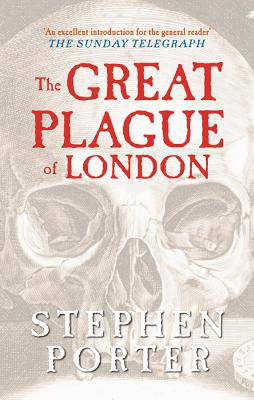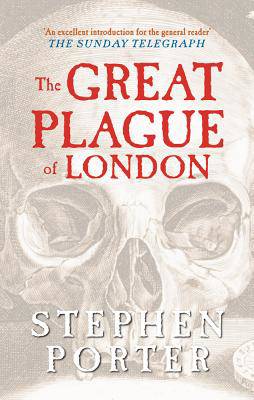
Je cadeautjes zeker op tijd in huis hebben voor de feestdagen? Kom langs in onze winkels en vind het perfecte geschenk!
- Afhalen na 1 uur in een winkel met voorraad
- Gratis thuislevering in België vanaf € 30
- Ruim aanbod met 7 miljoen producten
Je cadeautjes zeker op tijd in huis hebben voor de feestdagen? Kom langs in onze winkels en vind het perfecte geschenk!
- Afhalen na 1 uur in een winkel met voorraad
- Gratis thuislevering in België vanaf € 30
- Ruim aanbod met 7 miljoen producten
Zoeken
Omschrijving
The bubonic plague epidemic which struck England in 1665-6 was responsible for the deaths of almost a third of London's population. Its sheer scale was overwhelming and it was well-recorded, featuring in the works of Pepys and Defoe and described in terrible detail in the contemporary Bills of Mortality. Often remembered because of its devastating impact on London, the plague struck other urban communities as well, carrying off half the population of Colchester and causing high mortality in cities such as Norwich and Cambridge. Nor were country villages spared, with Eyam in Derbyshire - where the inhabitants sealed themselves off to prevent the spread of the disease and a third of the inhabitants died - being the most famous. Stephen Porter describes the disease and how people at the time thought it was caused. He gives details of the treatments available (such as they were) and evokes its impact on the country. We will probably never know the reasons for the disappearance of the bubonic plague from England after 1665. What is clear is the fascination the subject still holds.
Specificaties
Betrokkenen
- Auteur(s):
- Uitgeverij:
Inhoud
- Aantal bladzijden:
- 192
- Taal:
- Engels
Eigenschappen
- Productcode (EAN):
- 9781445607733
- Verschijningsdatum:
- 15/06/2012
- Uitvoering:
- Paperback
- Formaat:
- Trade paperback (VS)
- Afmetingen:
- 124 mm x 196 mm
- Gewicht:
- 181 g

Alleen bij Standaard Boekhandel
+ 30 punten op je klantenkaart van Standaard Boekhandel
Beoordelingen
We publiceren alleen reviews die voldoen aan de voorwaarden voor reviews. Bekijk onze voorwaarden voor reviews.









